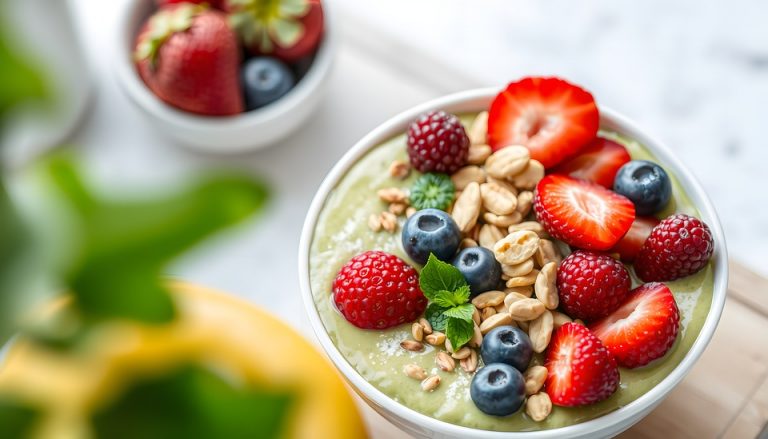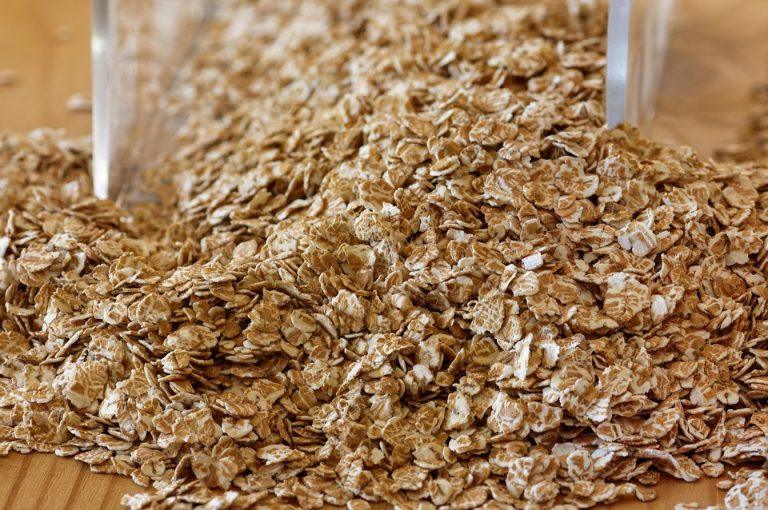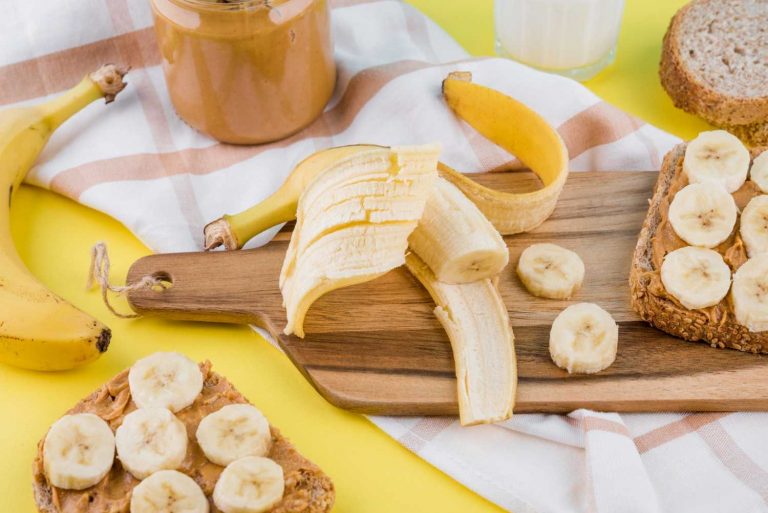Have you ever found yourself tossing and turning at night, desperately seeking that elusive slumber? If so, you’re not alone. Sleep issues are a common struggle, and while there are countless remedies out there, some natural ingredients can really help. One such ingredient is poppy seeds. These tiny seeds, often overlooked in the pantry, are packed with nutrients and have been used for centuries to promote relaxation and better sleep. Let’s dive into five soothing recipes featuring poppy seeds that can help you catch those much-needed Z’s.
Contents
Why Poppy Seeds?
Poppy seeds are more than just a decorative topping on bagels or bread. They’re rich in magnesium, calcium, and even small amounts of melatonin—hormones that play a crucial role in sleep regulation. Some studies suggest that incorporating magnesium-rich foods into your diet can improve sleep quality and reduce insomnia symptoms (Wang et al., 2018). Plus, they have a delightful nutty flavor that can elevate many dishes.
1. Poppy Seed Oatmeal
Ingredients:
- 1 cup rolled oats
- 2 cups milk (or almond milk)
- 2 tablespoons poppy seeds
- 1 tablespoon honey or maple syrup
- A pinch of salt
- Fresh fruits (like bananas or berries) for topping
Instructions:
- In a saucepan, bring the milk to a boil.
- Stir in the oats and salt, reduce the heat, and let it simmer for about 5 minutes.
- Add the poppy seeds and sweetener, mixing well.
- Serve warm, topped with fresh fruits.
This cozy bowl not only warms you up but also provides a nice dose of magnesium and fiber, making it perfect for a relaxing evening.
2. Poppy Seed Herbal Tea
Ingredients:
- 1 tablespoon poppy seeds
- 1 teaspoon chamomile flowers
- 2 cups water
- Honey (optional)
Instructions:
- Boil the water in a pot.
- Add the poppy seeds and chamomile, letting it steep for about 10 minutes.
- Strain the tea and sweeten with honey if desired.
Chamomile is well-known for its calming effects, while poppy seeds contribute to a soothing blend. It’s the perfect bedtime drink to help signal your body that it’s time to wind down.
3. Poppy Seed Banana Smoothie
Ingredients:
- 1 ripe banana
- 1 tablespoon poppy seeds
- 1 cup yogurt (or plant-based alternative)
- 1 tablespoon almond butter
- A splash of milk or juice
Instructions:
- In a blender, combine the banana, poppy seeds, yogurt, almond butter, and liquid.
- Blend until smooth and creamy.
This smoothie is not only delicious but also packed with potassium and healthy fats, which can help relax your muscles and promote better sleep.
4. Poppy Seed and Spinach Salad
Ingredients:
- 2 cups fresh spinach
- 1 tablespoon poppy seeds
- 1/4 cup feta cheese (optional)
- 1/4 cup walnuts, chopped
- Olive oil and balsamic vinegar for dressing
Instructions:
- In a large bowl, combine the spinach, poppy seeds, feta, and walnuts.
- Drizzle with olive oil and balsamic vinegar, tossing to combine.
This refreshing salad is not only a great dinner option but also a fantastic way to incorporate magnesium and other sleep-promoting nutrients into your diet.
5. Poppy Seed Energy Balls
Ingredients:
- 1 cup oats
- 1/2 cup almond butter
- 1/4 cup honey or maple syrup
- 2 tablespoons poppy seeds
- 1/4 cup dark chocolate chips (optional)
Instructions:
- In a mixing bowl, combine all ingredients until well mixed.
- Roll the mixture into small balls and refrigerate for at least 30 minutes.
These energy balls are perfect for a late-night snack without the guilt. They provide a good balance of carbohydrates and fats, helping you feel satisfied and relaxed before bed.
The Science Behind Poppy Seeds and Sleep
While these recipes are delicious, what’s more fascinating is the science behind poppy seeds. They contain compounds like alkaloids that can have a calming effect on the nervous system. A study published in the journal Nutrients found that magnesium plays a vital role in regulating neurotransmitters that promote sleep (Wang et al., 2018). So, by incorporating poppy seeds into your diet, you might just be giving your body the tools it needs to achieve better sleep quality.
Pros and Cons of Using Poppy Seeds
Pros:
- Nutrient-Rich: High in calcium, magnesium, and fiber.
- Versatile: Can be added to many dishes, from savory to sweet.
- Natural Relaxant: May help reduce anxiety and promote relaxation.
Cons:
- Potential Allergens: Some people may have allergies to poppy seeds.
- Moderation is Key: Overconsumption can lead to digestive issues, so it’s best to enjoy them in moderation.
FAQs
1. Can poppy seeds really help with sleep?
Yes, poppy seeds contain magnesium and other compounds that can promote relaxation and improve sleep quality, though individual results may vary.
2. How often can I consume poppy seeds?
In moderation, poppy seeds can be consumed daily. A tablespoon or two is generally a safe amount to include in your diet.
3. Are there any side effects of consuming poppy seeds?
While generally safe, excessive consumption can lead to digestive issues. Additionally, if you’re subject to drug testing, be cautious, as poppy seeds can sometimes trigger false positives.
4. Can I use poppy seeds in savory dishes?
Absolutely! Poppy seeds add a nutty flavor to salads, dressings, and even baked goods, enhancing both taste and nutrition.
Conclusion
Incorporating poppy seeds into your evening routine can be a delicious and nutritious way to promote better sleep. Whether you enjoy them in oatmeal, smoothies, or as a delightful tea, these tiny seeds pack a powerful punch when it comes to relaxation. So next time you’re having trouble sleeping, consider reaching for poppy seeds as part of your nighttime ritual.
Remember, everyone’s body is different, and while these recipes may help many, they aren’t a one-size-fits-all solution. It’s always a good idea to consult with a healthcare provider if you have persistent sleep issues.
Disclaimer: This article is for educational purposes only and is not a substitute for professional medical advice. Always consult a qualified healthcare provider before making changes to your health routine.
References
- Wang, Y., Wang, X., & Li, Y. (2018). Magnesium intake and sleep quality among older adults: A cross-sectional study. Nutrients, 10(10), 1395. https://doi.org/10.3390/nu10101395
- Mayo Clinic. (n.d.). Sleep tips: 6 steps to better sleep. Retrieved from https://www.mayoclinic.org/healthy-lifestyle/adult-health/in-depth/sleep-tips/art-20045403
- Harvard Health Publishing. (2019). The importance of magnesium for sleep. Retrieved from https://www.health.harvard.edu/mind-and-mood/the-importance-of-magnesium-for-sleep
Get Your FREE Natural Health Guide!
Subscribe now and receive our exclusive ebook packed with natural health tips, practical wellness advice, and easy lifestyle changes, delivered straight to your inbox.





